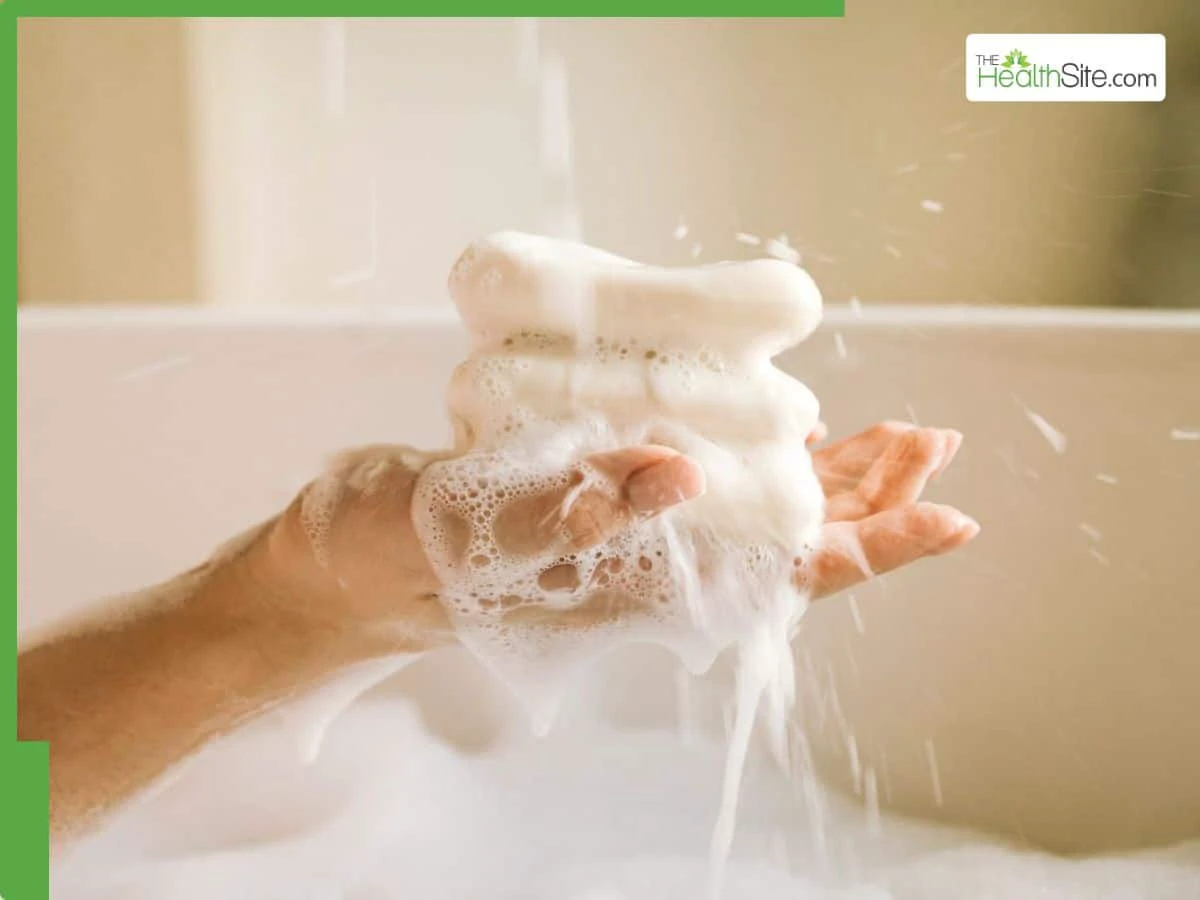Sexual health and hygiene are essential for overall well-being. Find out if it’s safe to use soap while cleaning your genitals, possible risks, and the right practices for intimate care.
Hygiene is a significant element of general health, and sexual health is not an exception.The most asked question among people is whether they should use soap when cleaning the genital area or not.Since this is a more sensitive area of the body as compared to others, there are cases when using the wrong product may cause harm to the body parts. Here’s what you should know about genital hygiene and the right practices to follow.
Can You Use Soap on Genitals?
Using soap can often provide the feeling of being ‘cleaner’, but there’s a problem, as usual: soaps are just too harsh for sensitive genital skin. Most soaps contain chemicals, artificial fragrances and harsh cleansing agents that can upset the natural balance of the area.
- In women: The vagina cleans itself. It has a natural balance of healthy bacteria and pH level to counter all infections. Strong soaps or perfumed products will disturb it and cause irritation, itch, and states such as bacterial vaginosis or yeast infection. Washing of the external part (vulva) with unscented soap and little water is generally sufficient. Even the interior part of the vagina should not be wiped with soap or cleaners.
- In men: Men may cleanse the penis and surrounding area with mild, fragrance-free soap, but unduly harsh soaps must be avoided. And in uncircumcised people, pulling the aforementioned foreskin forward and moistening it with warm water is often just enough to keep smegma accumulated and to ensure hygiene.
Risks of Using Soap on Genitals
Application of harsh or scented genital soaps can result in:
- Dryness and irritation
- Redness and rashes
- Itching and burning.
- Allergic reactions
- Increased risk of infections
These may not just be a problem that is uncomfortable to deal with, but also have an impact on self-confidence, sexual performance, and overall well-being.
Safer Alternatives for Genital Cleaning
Whether you need soap or not, use mild, pH-balanced and fragrance-free cleansers that were specifically developed to clean intimate areas. Such goods are not as likely to disrupt the natural balance of the genital area. Nevertheless, despite intimate washing, moderation is essential since excessive washing will remove oils in the body and lead to dryness.
Warm water would suffice to maintain the health of the genitals among most of the population. Simple supports of good hygiene are washing the outside daily and wearing breathable cotton underwear and loose-fitting clothing.
Tips for Healthy Genital Hygiene
- Take a shower with hot water each day, and only use lightweight soap unless it is essential.
- Use no perfumed soaps, gels or sprays in the genital area.
- Put on dry, clean and breathable cotton underwear.
- A change of clothes is needed after exercising or sweating to avoid bacterial growth.
- Always wipe (for the woman) front to back so as not to spread bacteria.
- Keep hydrated and take a balanced diet as a general sexual health idea.
Can soap cause infections in private parts?
Yes, harsh or scented soaps can disrupt the natural balance, leading to irritation or infections.
Is it safe to use soap on genitals?
Mild, fragrance-free soaps may be safe externally, but harsh soaps can irritate sensitive skin.
About the Author
 Muskan Gupta
Muskan Gupta
Muskan Gupta is a passionate health journalist with over 4 years of experience; she has worked with leading media organisations like ANI and India TV. Currently employed at TheHealthSite.com under Zee Media, she brings health stories to life – covering everything …
